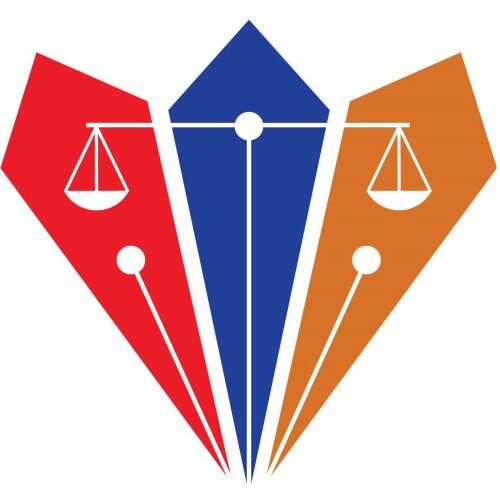Best Real Estate Contracts and Negotiations Lawyers in Dar es Salaam
Share your needs with us, get contacted by law firms.
Free. Takes 2 min.
Free Guide to Hiring a Real Estate Lawyer
List of the best lawyers in Dar es Salaam, Tanzania
About Real Estate Contracts and Negotiations Law in Dar es Salaam, Tanzania
Real estate contracts and negotiations law in Dar es Salaam, Tanzania, covers the legal framework and procedures involved in buying, selling, and leasing properties. It involves laws that regulate land and property rights, the drafting of contracts, the negotiation process, and the enforcement of contractual terms. Essential to ensure fairness and legality in the real estate sector, this branch of law works to protect the rights and obligations of all parties involved.
Why You May Need a Lawyer
Engaging an expert lawyer for real estate transactions is typically beneficial for several reasons. If you intend to buy or sell property, legal experts can help negotiate terms, ensure contracts are legally sound, and conduct thorough due diligence. Likewise, if you are facing a dispute regarding a real estate transaction, a lawyer can guide you through the necessary legal procedures for resolution. Lawyers can also assist with inheritance matters related to real estate, property taxation, and compliance with zoning and land use regulations.
Local Laws Overview
In Dar es Salaam, Tanzania, The Land Act and Village Land Act regulate the real estate sector. Both Tanzanian citizens and foreign investors have specific rights and obligations regarding land ownership and transaction. For instance, foreign citizens cannot own land outright; they can only occupy it for investment purposes under Granted Right of Occupancy, which is basically leasehold tenure. Also, there are restrictions on the mortgage of undeveloped lands. Lawyers help in navigating these complex requirements to ensure due process is followed.
Frequently Asked Questions
Can foreigners purchase real estate in Dar es Salaam, Tanzania?
Foreigners cannot directly own land in Tanzania but can obtain use rights for investment purposes via a process known as Granted Right of Occupancy.
How can I resolve a real estate dispute in Dar es Salaam, Tanzania?
Disputes can be resolved through legal mediation, arbitration, or court processes. Lawyers can help determine the best course of action based on your situation.
What documents do I need for a property transaction?
Typically, you need a proof of title, ID, and compliance certificates for different regulatory requirements. Consult a lawyer for a detailed list based on the type of transaction.
What legal rights do tenants have in Dar es Salaam, Tanzania?
Tenants have rights under the Rent Restriction Act and other local laws, which, for example, protect them from undue eviction or rent increases.
What are the main property taxes in Tanzania?
Property taxes, capital gains tax, and stamp duty are some of the principal property-related taxes. The rates and applicability depend on various factors and legal counsel is advised for details.
Additional Resources
The Ministry of Lands, Housing and Human Settlements Development and the Tanzania Investment Centre are important resources for information related to real estate affairs in Tanzania.
Next Steps
If you require legal assistance for real estate contracts and negotiations in Dar es Salaam, Tanzania, you should reach out to a local law firm. Seek a firm that specializes in real estate law and has good client reviews and track records. Remember to seek detailed explanations regarding any procedure before you proceed and maintain open communication with your lawyer to ensure your needs and concerns are addressed.
Lawzana helps you find the best lawyers and law firms in Dar es Salaam through a curated and pre-screened list of qualified legal professionals. Our platform offers rankings and detailed profiles of attorneys and law firms, allowing you to compare based on practice areas, including Real Estate Contracts and Negotiations, experience, and client feedback.
Each profile includes a description of the firm's areas of practice, client reviews, team members and partners, year of establishment, spoken languages, office locations, contact information, social media presence, and any published articles or resources. Most firms on our platform speak English and are experienced in both local and international legal matters.
Get a quote from top-rated law firms in Dar es Salaam, Tanzania — quickly, securely, and without unnecessary hassle.
Disclaimer:
The information provided on this page is for general informational purposes only and does not constitute legal advice. While we strive to ensure the accuracy and relevance of the content, legal information may change over time, and interpretations of the law can vary. You should always consult with a qualified legal professional for advice specific to your situation.
We disclaim all liability for actions taken or not taken based on the content of this page. If you believe any information is incorrect or outdated, please contact us, and we will review and update it where appropriate.











